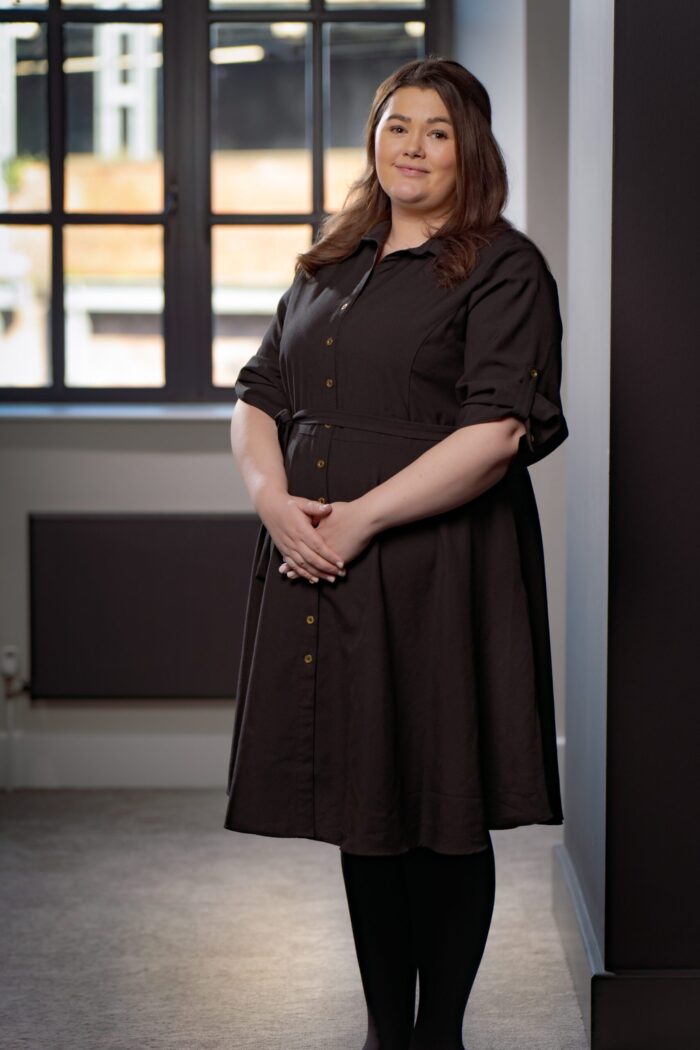Understanding the Probate Process and Estate Distribution
When someone dies, their money, property and possessions form their estate. Distributing an estate involves identifying all assets, settling any debts and taxes, and then ensuring the remaining inheritance reaches the rightful beneficiaries. Executors or personal representatives are legally responsible for ensuring this process follows the will or, if there is no will, the rules of intestacy.
Applying for probate is usually the first step, giving legal authority to administer the estate. This may involve obtaining a grant of probate or letters of administration through the probate registry. Executors must gather the necessary documents — such as the death certificate, details of bank accounts, life insurance policies, and property ownership — before they can move forward with distributing an estate.
Throughout this process, it is important to consider inheritance tax liabilities, income tax on certain assets, and any outstanding debts that must be paid before final distribution. Our team can provide clear legal advice to help you navigate these complexities with confidence.

Executor Responsibilities in the UK Explained
Executor responsibilities in the UK are wide-ranging. Executors must:
- Apply for probate to gain legal authority.
- Collect and value all assets including bank accounts, investments, property, and possessions.
- Pay any outstanding debts, funeral expenses, and taxes, including inheritance tax and income tax where applicable.
- Prepare estate accounts showing all money in and out of the estate.
- Distribute the remaining inheritance to beneficiaries according to the will or intestacy rules.
If an estate is complex, for example with overseas assets, trusts, or multiple beneficiaries, executor responsibilities become more challenging. Personal representatives must ensure the process is legally compliant and fair to all involved. Executors can be personally liable if errors occur, which is why many seek professional probate advice to manage the estate correctly.

Ensuring Fair Distribution of the Estate
Distributing an estate is not just about following a checklist — it requires careful management to ensure everything is completed properly. Executors must deal with banks, building societies, insurance companies, HM Revenue & Customs, and sometimes even courts. They are also responsible for ensuring beneficiaries receive the correct share of the estate.
Common challenges include:
- Disputes between beneficiaries over inheritance.
- Calculating and paying inheritance tax to HMRC.
- Handling debts that exceed available estate assets.
- Managing property sales, life insurance claims, or investment transfers.
By working with experienced probate solicitors, executors can ensure the estate is distributed lawfully, efficiently, and without unnecessary stress. Professional guidance is especially valuable in complex cases, such as when trusts are involved, foreign assets must be administered, or disputes arise.

Frequently Asked Questions.
-
1. What does distributing an estate involve?It involves collecting the deceased person’s assets, paying debts and taxes, and distributing the remaining estate to beneficiaries. Executors or administrators must follow probate law and the will, or the rules of intestacy if there is no will.
-
2. What are executor responsibilities in the UK?Executor responsibilities include applying for probate, gathering and valuing assets, paying inheritance tax and debts, preparing estate accounts, and distributing the estate fairly to beneficiaries.
-
3. Do all estates require probate?No. Smaller estates with no property and only limited bank funds may not require probate. However, most estates with property or significant assets will need a grant of probate or letters of administration.
-
4. What if the estate has debts?Debts must be settled before any distribution. Executors may need to sell assets such as property or investments to cover liabilities. Beneficiaries cannot inherit until debts and taxes are paid.
-
5. Can executors be held personally liable?Yes. Executors can be personally liable if they fail to follow the law, mismanage funds, or distribute assets incorrectly. Taking legal advice can help minimise this risk.
-
6. What if beneficiaries disagree about distribution?Disagreements can arise, particularly in blended families or high-value estates. Executors should seek legal advice to resolve disputes fairly and avoid potential claims.
THE BEST IN THE BUSINESS.
Our probate specialists bring years of experience in distributing estates of all sizes and complexities. Whether dealing with multiple properties, business assets, or international holdings, we provide expert guidance to executors and beneficiaries alike.
Because We Are Here To Help You
Distributing an estate and fulfilling executor responsibilities in the UK can be daunting.
Our dedicated team is here to simplify the process, offering clear legal advice at every stage. Contact us today for expert support.

“A top-quality and professional lawyer, and it is a pleasure to work with him.”
Probate Client











